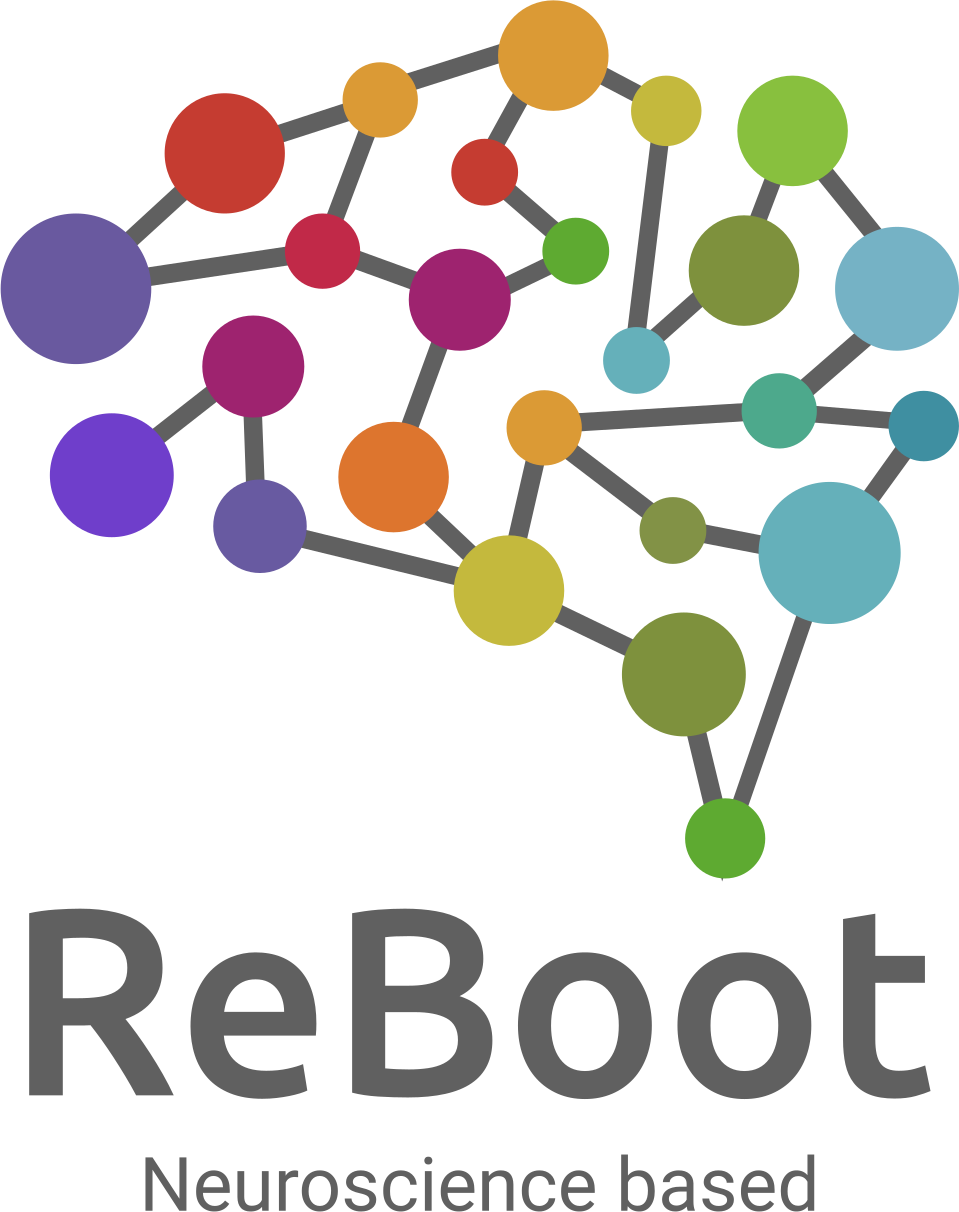
Neurofeedback Therapy
What is Neurofeedback Therapy?
Neurofeedback therapy helps self-regulate brain activity by measuring brainwaves and providing real time feedback.
It involves the use of specialised equipment to measure brain activity. Using this data, it gives positive audio and visual cues when desired brain activity occurs, and negative cues when undesired brain activity occurs.
Over time, the brain gets trained to produce more of the desired activity.
What Does It Involve?
The initial consultation identifies and assesses the concerns of the client. The baseline brainwave activity is assessed using either a Quantitative EEG (QEEG) or a Mini-Map.
A QEEG measures the brain activity in 19 different locations on the scalp whereas a Mini-Map measures the activity in three central locations.
The specific brainwaves and the locations on the scalp where training is to occur is based on the initial assessment and the baseline brainwave activity.
In a typical neurofeedback therapy session, the client is seated comfortably on a chair with sensors placed on the scalp and earlobes. The client watches media of their choice (this can be a movie, video game, or stationary picture) on a screen. There is no voluntary input required from the client.
Specialised equipment is used to measure the brainwaves of the client. Using this information and the type of reward or inhibits set by the therapist, the clarity, colour, and volume of the media is changed (positive and negative feedback). Over time the brain figures out the optimal brain wave pattern to get the best picture quality and trains itself to produce more of it.
This process will be combined with other strategies that the client can practice at home.
What is Neurofeedback Therapy Helpful For?
Neurofeedback therapy is helpful for a wide range of mental and physical health conditions including:
Symptoms of trauma such as anxiety, depression, hyperarousal, dissociation, etc
Poor sleep
Obsessive Compulsive Disorder (OCD)
Symptoms of ADHD
Autism
Pain
Concussion symptoms
Seizures/Epilepsy (including those who do not respond to medication)
Other disorders (where changing the way the brain perceives things and responds) can see an improvement
Limitations and Potential Risks
Neurofeedback is generally safe however there are some potential limitations, side effects and risks associated with the procedure. These may include temporary discomfort during electrode placement, fatigue from prolonged sessions, headaches, or dizziness. Some individuals may experience temporary side effects such as mild fatigue, increased anxiety, or mood changes during or after neurofeedback sessions. These are usually temporary and resolve quickly.
There may be limitations in the effectiveness of neurofeedback therapy for some clients, and results may vary.
Frequency, Duration of Therapy and Costs
The frequency and duration of neurofeedback therapy depends on the client’s circumstances. The initial 20 to 30 sessions would occur 2 to 3 times per week. After this, the sessions may be less frequent.
The cost of the initial assessment is $500.00 incl GST, and subsequent neurofeedback therapy sessions are $300.00 incl GST each.
The cost of a Mini-Map or QEEG assessment and planning is around $750.00 to $1500.00 incl GST.
Disclaimers
Neurofeedback therapy is not a substitute for medical treatment, and you should continue to consult your physician regarding your overall healthcare. This therapy should complement and not replace any ongoing medical treatments.
About Dr Yuvaraj Davidson and Dr Dennisa Davidson
Dr Yuvaraj Davidson (FRANZCUC) has around 30 years of experience working as a medical doctor in various specialities and with different population groups. He is BCIA certified in Neurofeedback Therapy and is certified in the Neurosequential Model of Therapeutics (NMT). He also trains teachers who teach children with adverse childhood experiences, helping them understand how children’s brains function, and to design strategies to help them.
Dr Dennisa Davidson (FRANZCP) is a child and adolescent psychiatrist and specialises in treating traumatic stress. She is certified in EMDR Therapy and trained in Neurofeedback Therapy.
